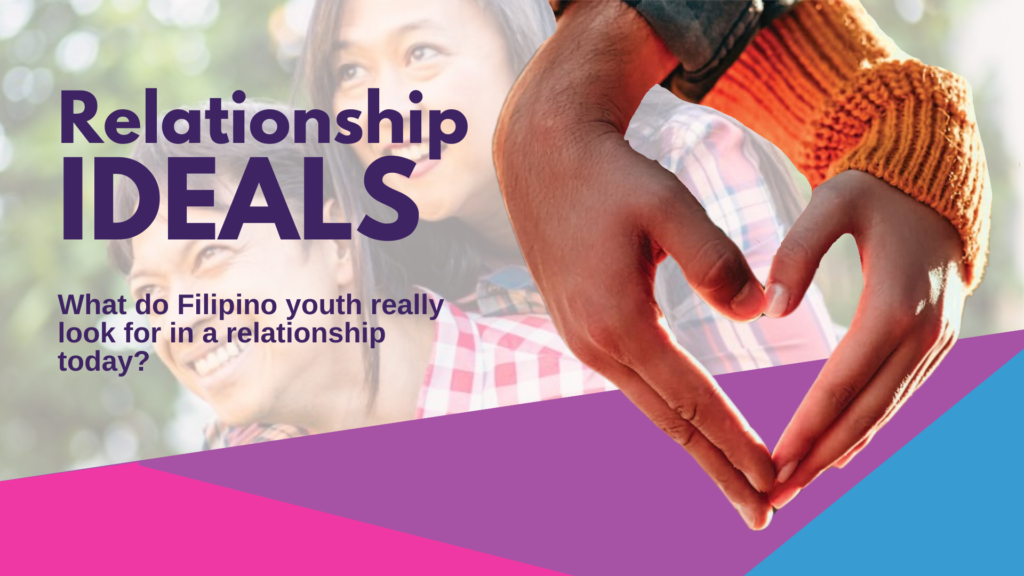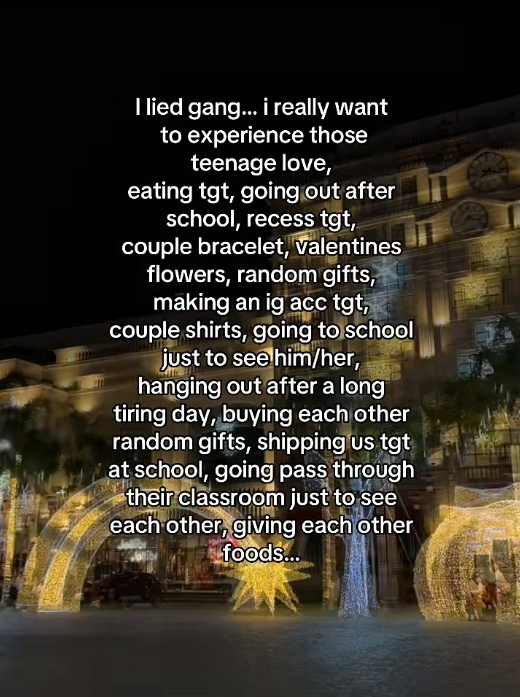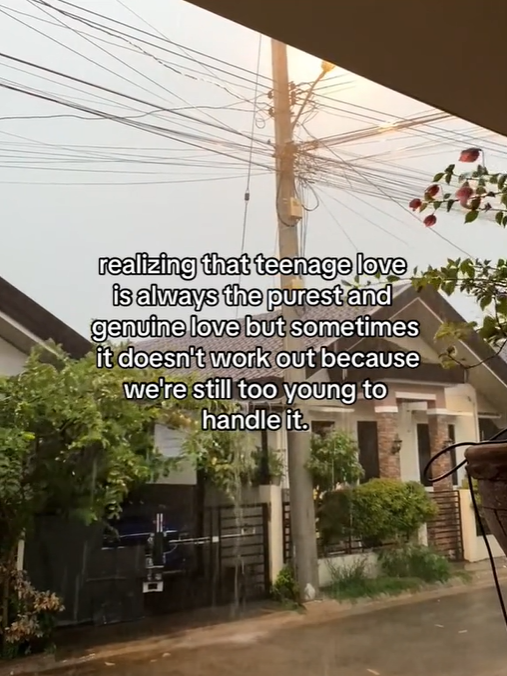Relationship Status: Looking for Love
Written by Sophia Franchesca Cabalan
Have you ever felt envious of those junior high school students who are always holding hands in the mall or in the parks? Has the sight of them ever made you look into yourself and ask if you were doing anything wrong because you’re not in a relationship yet? Or maybe you start thinking, why are these students already in relationships when you weren’t even thinking about it when you were their age?

There are many factors as to why teens seem to seek them. But one thing is for sure, these are not done without reason. Yes, sometimes they may seem impulsive, but first, we should try to understand it first.
According to research done in the University of Cebu & Mandaue, teenage romantic relationship is often seen as immature, often referred to as “Puppy Love” by adults, and are not taken seriously. They also cited that a teen’s brain is not fully armed with the right experiences and knowledge for them to know right and wrong (Macasero & Malingin, 2014).
In a different study, it was then cited that these are caused by puberty and the needs of a teen to have a sense of independence. It comes as no surprise that growing teens have a need to find their own identity and freedom outside their parents’ eyes (Stanford Medicine, 2023).
Another thing that Stanford Medicine has cited in their article is how this mindset stems from the youth’s desire for connection, as they crave emotional closeness to someone who can understand them, and how being in a relationship makes them feel accepted.
There’s also the sense of curiosity, as being a teen is a time of self-discovery and looking inside yourself and learn more. In this case, it’s love and dating, and how it feels.
Of course, there’s also media and pop culture. Fanfictions, especially among teenage girls, about how two students (often academic rivals or childhood friends) slowly fall for each other, push them to seek it out, and they may feel like they’re “missing out” on these experiences.


Courtesy: TikTok
While on the topic of it, it’s also good to look and see the negative and positive effects of these teenage relationships, such as, but not limited to, better social skills. Being in a relationship helps them express themselves and even listen to others, and build connections in social scenes. It also helps them learn about boundaries, of what lines are safe to cross and what’s not. To help them see what’s okay and what personal boundaries are, as well as to respect each other’s limits. Another thing is that it helps them prepare for a more serious adult relationship and provides them with a valuable lesson in a long-term relationship (Stanford Medicine, 2023).
It, of course, does not come without its cons. As all things do, being in a relationship as a teen comes with just as many negatives as there are positives, in accordance with research done by Newport Academy in 2024.
First of these is the possible emotional turmoil that a break-up, jealousy, or misunderstanding may cause, which can lead to stress, anxiety, and in the worst-case scenario, depression and/or self-harm.


Courtesy: Baezhij, Kin Camasis
There is also the possibility of being distracted from their academics, and even though earlier we said that it may help them develop their identity, not all relationships are healthy and good. Toxic relationships may lead to a sense of lost identity.
In which case, some may lead to conflict between peers and parents/guardians, leading to arguments or isolation. And of course, it may go unsaid that the risks of teens who are ill-informed or too curious may lead to, at one point, physical intimacy. This may result in unwanted or unplanned pregnancy, emotional pressure, and worse, STIs.
In a small interview we conducted, we asked teens in a romantic relationship one question: “How does being in a relationship help you?”
One teen, who requested not to be named, gave the answer: “We help each other become the better version of ourselves by the accidental competition in exam scores. Every time, I can see both of us improving.”
Another one also cited his point of view, Juan Paolo Vasquez said: “It gives you purpose with your everyday life. Having inspiration for the things you do. You’ll have assurance that there is someone you can lean on besides your family. Also, you have a partner in life in what you do in your everyday life. Someone who is willing to guide you to the right path, and knows that the person you’re in a relationship with cares for you.”
By this statement alone, we can say that it all depends on a person whether a romantic relationship can be positive or negative. It solely relies on the parents and the peers around them to be educated and learn the dos and don’ts of a relationship. Whether it will be a good experience or not, one way or another, these teens will learn a valuable lesson in love that they can hopefully bring with them to their future relationships and love lives. In any case, an observer should not judge a book by its cover; always give it a thought first. Are they happy? Are they good for each other? And if you’re one of these youths, you should ask yourself, is this relationship good for me? Does it make me a better person?
What do YOU think? What do YOUTH think?
References:
Staff, N. A. (2024, February 26). Teenage love and relationships: What parents can expect [Video]. Newport Academy. https://www.newportacademy.com/resources/empowering-teens/teenage-love/
Malingin, F. D. (2015). Research Proposal about “Engaging in an Early Relationship is One of the Factors Why Most of the Junior Students Performed Low in Academics.” University of Cebu. https://www.academia.edu/10609847/Research_Proposal_about_Engaging_in_an_Early_Relationship_is_One_of_the_Factors_why_most_of_the_Junior_Students_Performed_Low_in_Academics_
Relationship development. (n.d.). Stanford Medicine Children’s Health. https://www.stanfordchildrens.org/en/topic/default?id=relationship-development-90-P01642